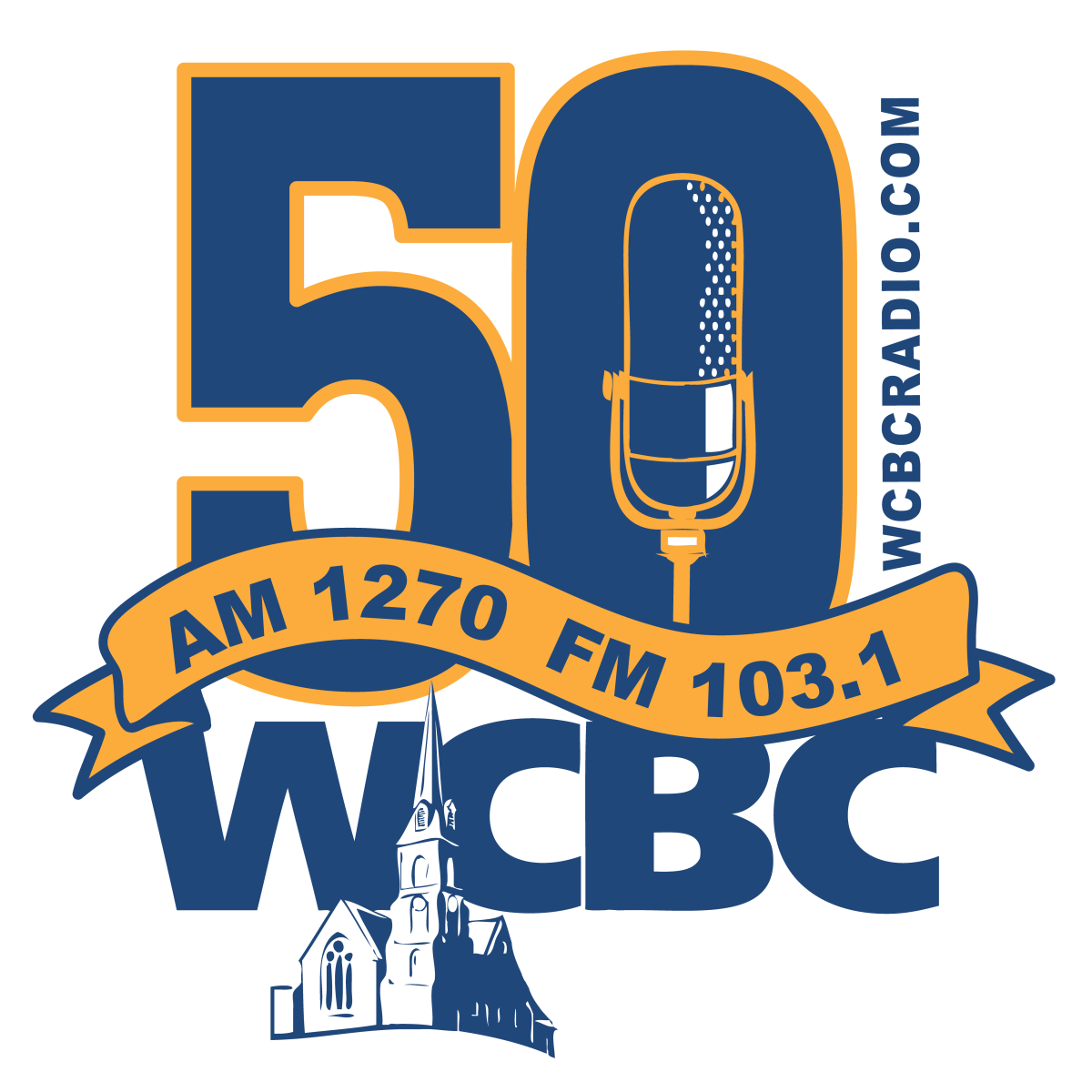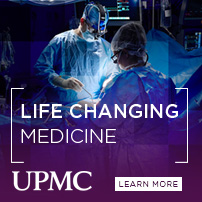March 5th, 2024 by WCBC Radio
The UPMC Heart and Vascular Institute at UPMC Western Maryland has performed its first transcatheter aortic valve replacement (TAVR) procedure. The patient, Dr. Ed Root, 83, of Cumberland, is recovering well at home.
TAVR is a sophisticated alternative to open-heart surgery for patients with aortic valve disease and is minimally invasive. It is used to treat patients with aortic stenosis, a narrowing of the heart’s aortic valve that can lead to debilitating symptoms, such as shortness of breath, lightheadedness and fatigue or shortened lifespan.
“I appreciated this option primarily because of the recovery time. I had my procedure at 7 a.m. and was home by 1:30 p.m. the following day,” Dr. Root said. “It meant a lot to me that I did not have to travel for this treatment. People in our area are very lucky that TAVR is now being performed in their backyard.”
“We are proud to add TAVR to the list of cardiovascular care options provided by our experts at the UPMC Heart and Vascular Institute at UPMC Western Maryland,” said UPMC Western Maryland President Michele Martz. “This minimally invasive treatment is just the latest advancement in care that we are pleased to be able to offer locally for our patients, eliminating the need to travel and allowing them to stay close to their family and friends.”
The treatment greatly improves the quality of life for those with aortic stenosis, which affects as many as 500,000 people in the U.S. This condition can interfere with daily activities, such as walking or climbing stairs. Previously, a patient’s only option was to have open-heart surgery to replace the aortic valve, but the procedure often was deemed too risky for elderly patients, who are most prone to the condition. TAVR also can be used to replace degenerating or failing bioprosthetic aortic valves, eliminating the need for those patients to have a second open-heart surgery.
During the procedure, an artificial valve is implanted through a catheter, which is inserted through a large artery in the patient’s leg or chest, eliminating the need for open-heart surgery. The procedure is performed in a specialized hybrid operating room that allows for maximum collaboration between surgeons and interventional cardiologists.
“The addition of a TAVR program to our existing open heart surgery program will benefit patients who would be considered intermediate to high risk for open heart surgery,” said cardiothoracic surgeon Mark Nelson, M.D. “Performing TAVR at UPMC Western Maryland will complement our surgical program, and patients and families will no longer need to travel out of town for this specialized procedure.”
“We are excited to bring this minimally invasive life-saving therapy to our community, closer to home, so our patients can continue to have their family and friends support throughout their care, ultimately resulting in better outcomes,” said Hani Alkhatib, M.D., director, Structural Heart Program. “Performing TAVR locally at UPMC Western Maryland is an extension of the great cardiac surgery program led by Dr. Nelson. It is the latest example of the comprehensive, collaborative, and up-to-date care we provide at the UPMC Heart and Vascular Institute at UPMC Western Maryland.”




.jpg)













